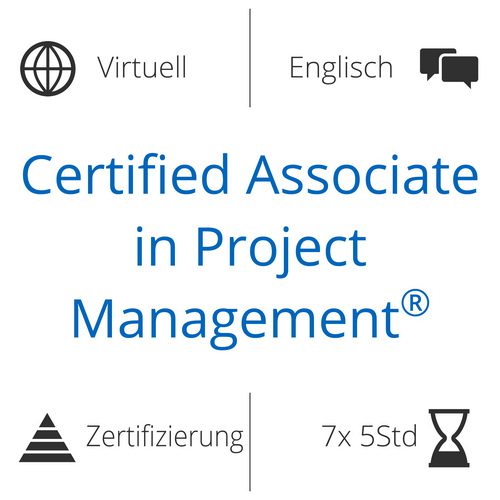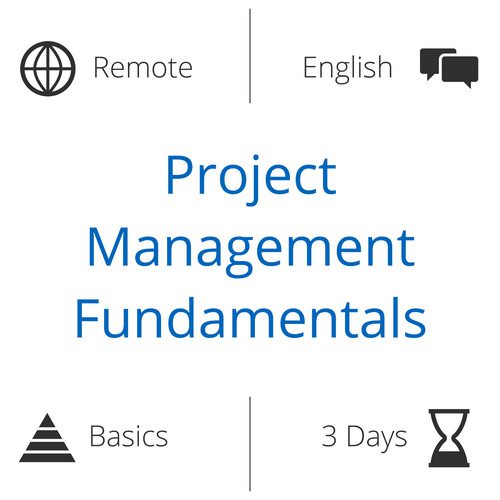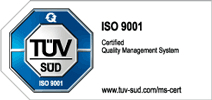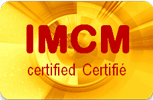Description
Change is omnipresent and a diverse and complex issue. There is no standard solution that can be applied everywhere,. However, it is possible to structure the process of finding individual solutions and the approach to implementation. With its 9 phases, the IMCM® standard provides such a great structure as well as concrete approaches on how the diversity and complexity can be made manageable. The focus is on continuous learning and agility.
The IMCM® standard recognizes change management as the multidisciplinary task that it is: professional expertise, the organisation’s business model and profitability as well as interests and human behaviour must be rebalanced and sustainably stabilised under the rolling wheel of normal everyday work. Special competences are needed for this difficult task. This training prepares you for this very challenge.
Content
Introduction
Information about the IMCM standard | Information about the certification | Introduction to the tools and techniques of the training | Introduction of the participants (as an exercise of the tools)
Change management context and basics
VUCA world – Fundamentals of change management | Theory and science | IMCM framework | IMCM basics
The 9 phases of change
Phase 1: Exploration
Listening properly (stakeholders) | Needs analysis | Problematisation | Change charter
Phase 2: Diagnosis
Impact analysis (6 dimensions) | Assessment of change strength (scale) | Selection of change mode (10 modes)
3rd phase: Investigation (for critical, large, special changes)
Supplementary investigations and analyses: stakeholders, feasibility, SWOT etc.
4th phase: Conception
- Basic model CAFE BULLE:
CAFE: communication, action plan, qualification, evaluation | BULLE: Budget: leadership, logistics, documentation, team and experts | Types of resistance, brakes and obstacles. - Concept for simple changes:
Simple CAFE BULLE - Concept for simple changes with critical points / moderate resistance:
CAFE BULLE Management of critical points – Change support. - Concept for critical, major and special changes:
CAFE BULLE | Management of critical points | Change strategy: selection from 21 possible strategies.
Phase 5: Kick-off
Change preparation | Team development
Phase 6: Piloting
Perception | Effort | Commitment | Impact | Summary
Phase 7: Implementation
Security and transparency | Installation | Test | Acceptance | Introduction
Phase 8: Consolidation
Learning curve | Effort curve | Adoption curve
Phase 9: Capitalisation
Closing| Practice and Capitalisation
Exam preparation
Summary of theory relevant to the exam – intensive practice of the exam, questions and answers
Exam (60 minutes)
Objectives
- You will gain a comprehensive understanding of organisational change, its challenges as well as levers and approaches to manage it.
- You will learn about the life cycle of change, divided into 9 phases.
- You will learn how psychology, technology, methods, management and economics are intertwined in change and how to manage the interactions.
- You will learn a structure and methods to reduce the complexity of change.
- All this helps you to make conscious decisions and manage difficult situations.
Technical Requirements
- Computer / Tablet
- Internet access
- Microphone (usually integrated in the device)
- Camera (usually integrated in the device)
- Internet browser (e.g. Chrome)
Exam Fees
The examination fee of 160,00 Euro is not included in the course fee.














Reviews
There are no reviews yet.